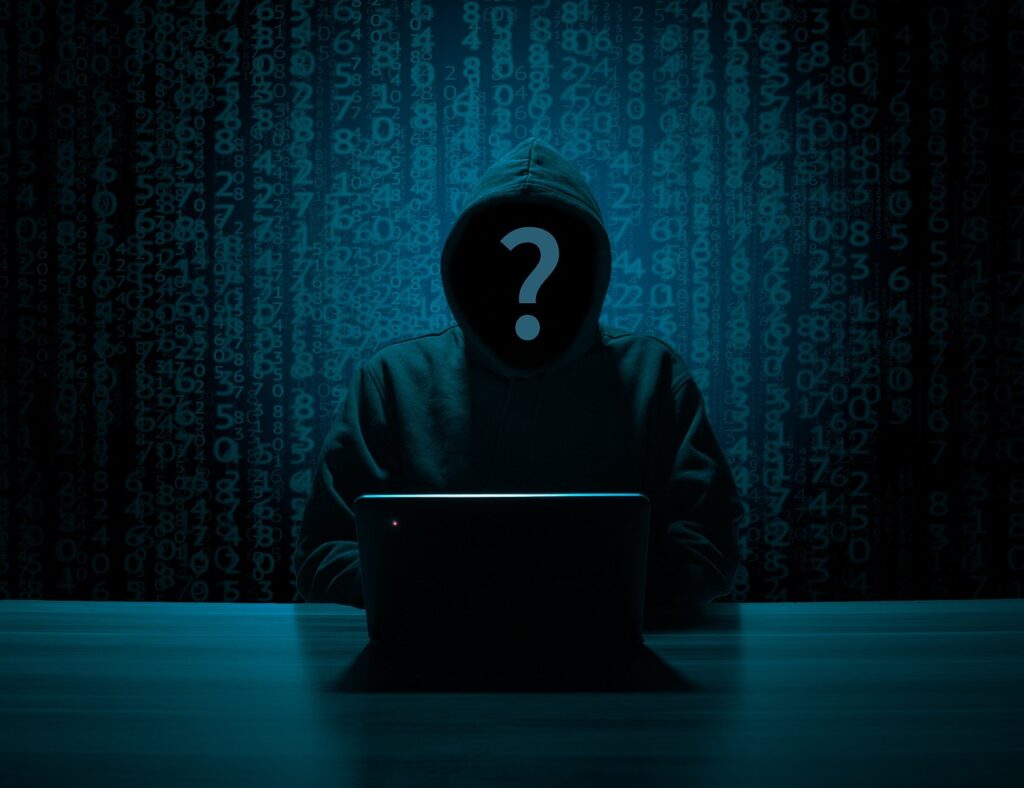You probably forward a lot on WhatsApp—memes, news, videos, jokes, even serious political content. But what if one of those forwards turns out to be false, offensive, or harmful? Can you, the person who hit “forward,” actually be arrested for it?
The short answer is: Yes, in certain situations.
Let’s break down why, how, and when forwarding a message could get you into legal trouble—and what Indian law says about it.
Why Forwarding Isn’t Always Harmless
WhatsApp is end-to-end encrypted, but that doesn’t mean it’s a free-for-all. If a message you forward:
- Incites violence
- Spreads fake news
- Hurts religious sentiments
- Contains morphed or obscene images
- Threatens national security
…then forwarding it could be seen as promoting or participating in a crime, even if you weren’t the original author.
This became especially serious after fake forwards in India led to mob lynchings, communal tension, and public unrest. Law enforcement agencies now treat social media forwards—including WhatsApp—as public communication when harmful content is involved.
What Does Indian Law Say?
Here are the key laws that can apply to WhatsApp forwards:
| Law | What It Covers |
|---|---|
| Section 66D of the IT Act | Cheating by impersonation using electronic communication (e.g., forwarding fake messages from “official” accounts) |
| Section 67 of the IT Act | Punishment for sending or forwarding obscene material |
| Section 505 IPC | Statements that cause public mischief or panic (e.g., false alerts, hate speech) |
| Section 153A IPC | Promoting enmity between groups based on religion, caste, language, etc. |
| Section 124A IPC (Sedition) | Very rarely used now, but still on the books if a forward is anti-national or incites rebellion |
So yes, forwarding the wrong message—especially in sensitive situations—can get you booked under these sections.
If a forward includes someone’s personal photos or videos without their consent, that could also fall under: What to Do If Someone Misuses Your Photos or Videos Online
What Courts Have Said
Indian courts have had mixed opinions:
- In some cases, forwarding alone was not treated as a crime, unless there was clear intention to harm or incite.
- But in other cases—especially involving group admins or repeated forwarding—the person was treated as complicit.
For example, in 2020, a group admin in Maharashtra was arrested because a message in the group was communal in nature and wasn’t removed even after complaints.
So, while the law is still evolving, one thing is clear: you’re not always “just a messenger.”
Are Group Admins Liable?
Group admins are not automatically liable for what others post, but if:
- They don’t act on complaints,
- Allow hate or illegal content to spread, or
- Are seen as encouraging the content,
…then they can be held accountable. Admins should remove offending members, report to WhatsApp, and document their actions.
How to Stay Safe Legally
| Tip | Why It Helps |
|---|---|
| Verify before forwarding | Especially if it’s political, religious, or related to emergencies |
| Don’t forward sensitive media | Even jokes can be taken seriously under IPC sections |
| Exit suspicious groups | If a group frequently shares problematic content, leave it |
| Report harmful forwards | You can long-press a message and report it on WhatsApp |
| Save evidence if needed | If someone is misusing your name or number, screenshot and report |
If your social media or WhatsApp is hacked and being used to spread fake content, read: Legal Steps to Take If Your Social Media Account Is Hacked
WhatsApp makes communication easy—but the law treats every forward as a public act, not just a private share. You may not be jailed for every wrong forward, but ignorance is not a defence—especially if what you forwarded causes harm.
If you’re ever questioned by authorities, stay calm, explain your intention clearly, and be cooperative. But also remember: you have the right to legal representation and to file a counter-complaint if you’re wrongly accused.
FAQs
1. Can I go to jail just for forwarding a fake message?
Yes, if the message causes harm, incites violence, or violates IPC or IT Act sections.
2. Am I responsible if someone else forwarded it to me first?
If you know it’s fake or harmful and still forward it, you may be held liable.
3. Can group admins be arrested for members’ messages?
Not automatically, but they can be if they allow or encourage illegal content.
4. Is WhatsApp safe to use for political or religious messages?
Only if it’s factual, respectful, and doesn’t violate the law.
5. What should I do if I accidentally forwarded something illegal?
Delete it immediately, exit the group if needed, and cooperate if questioned.



